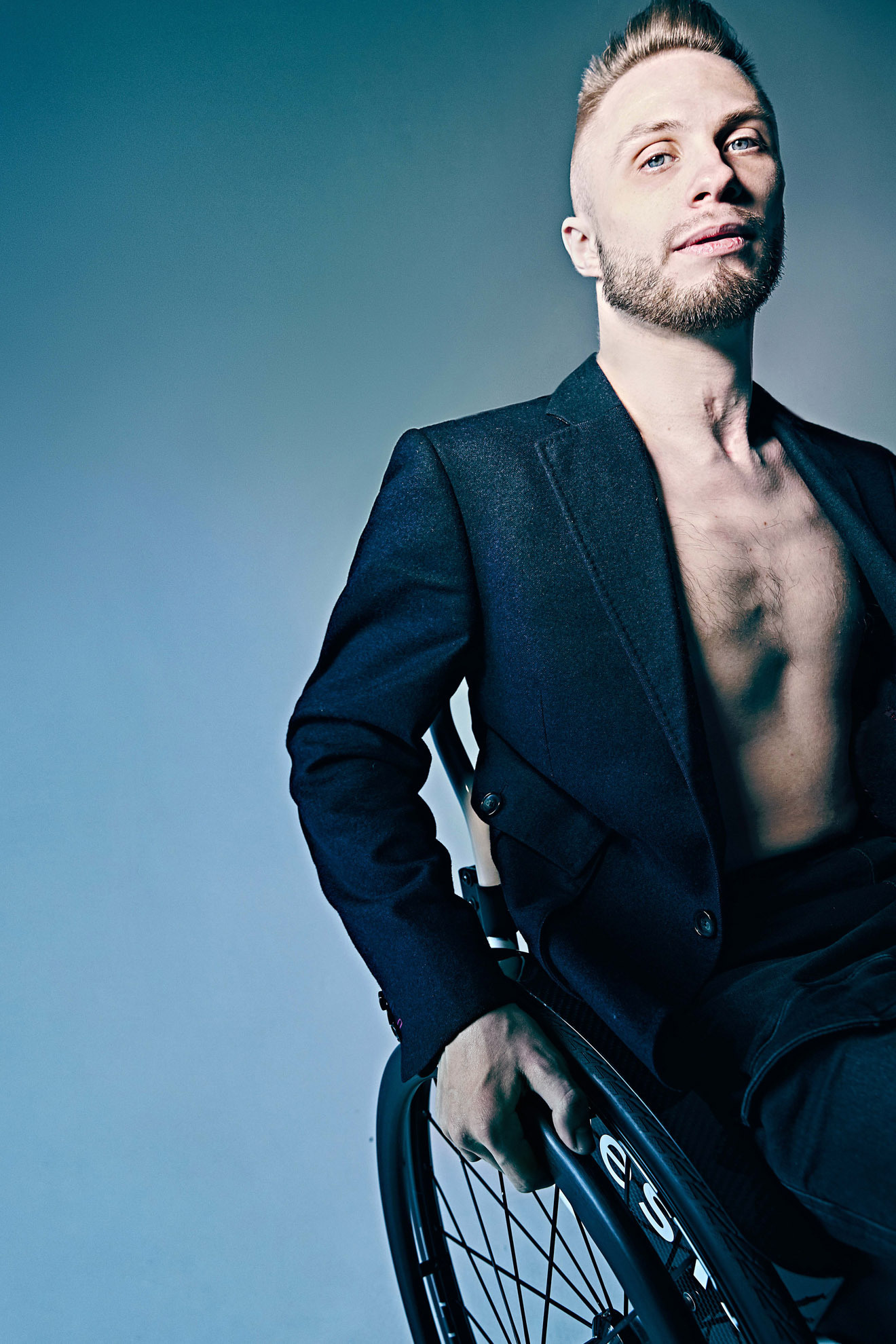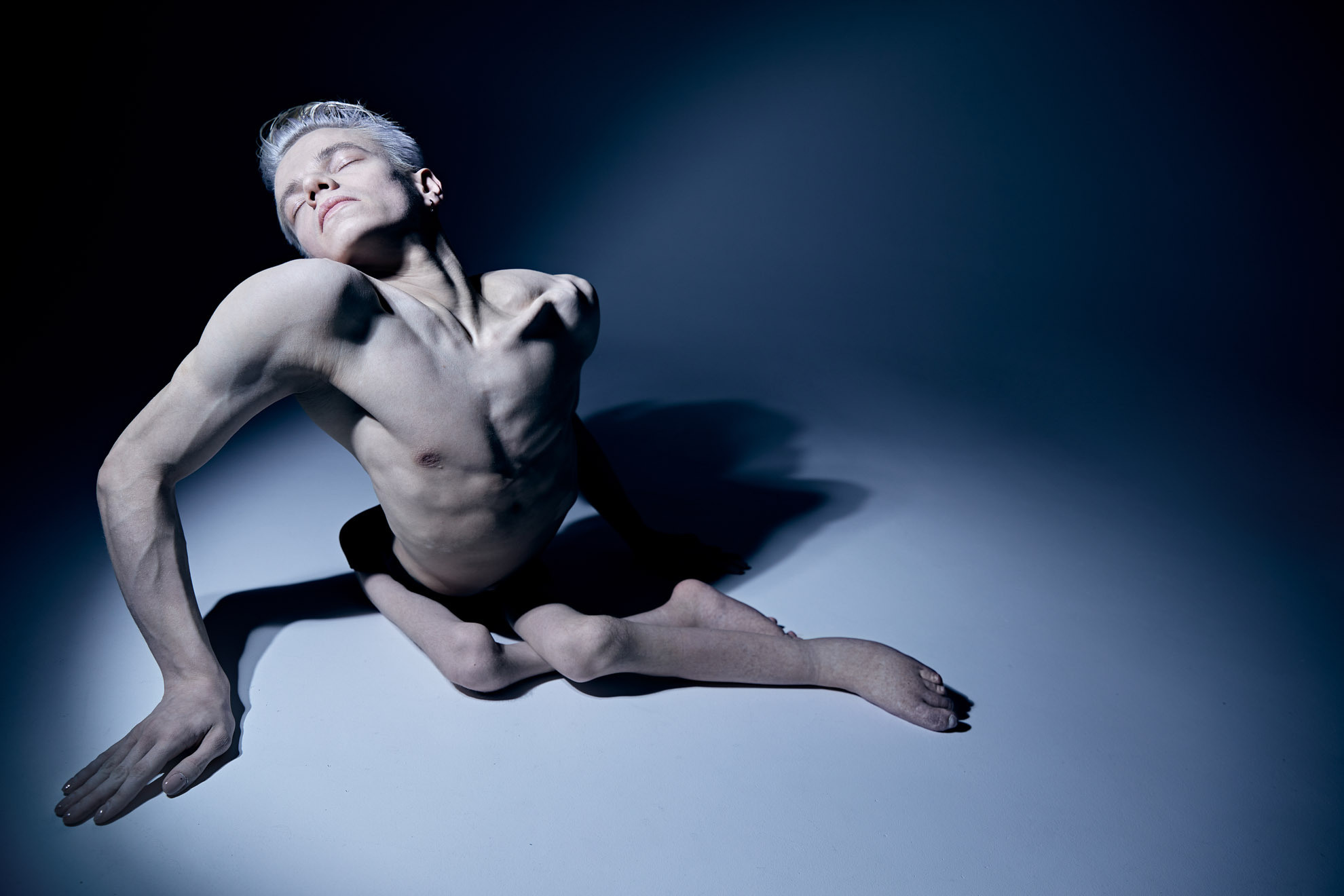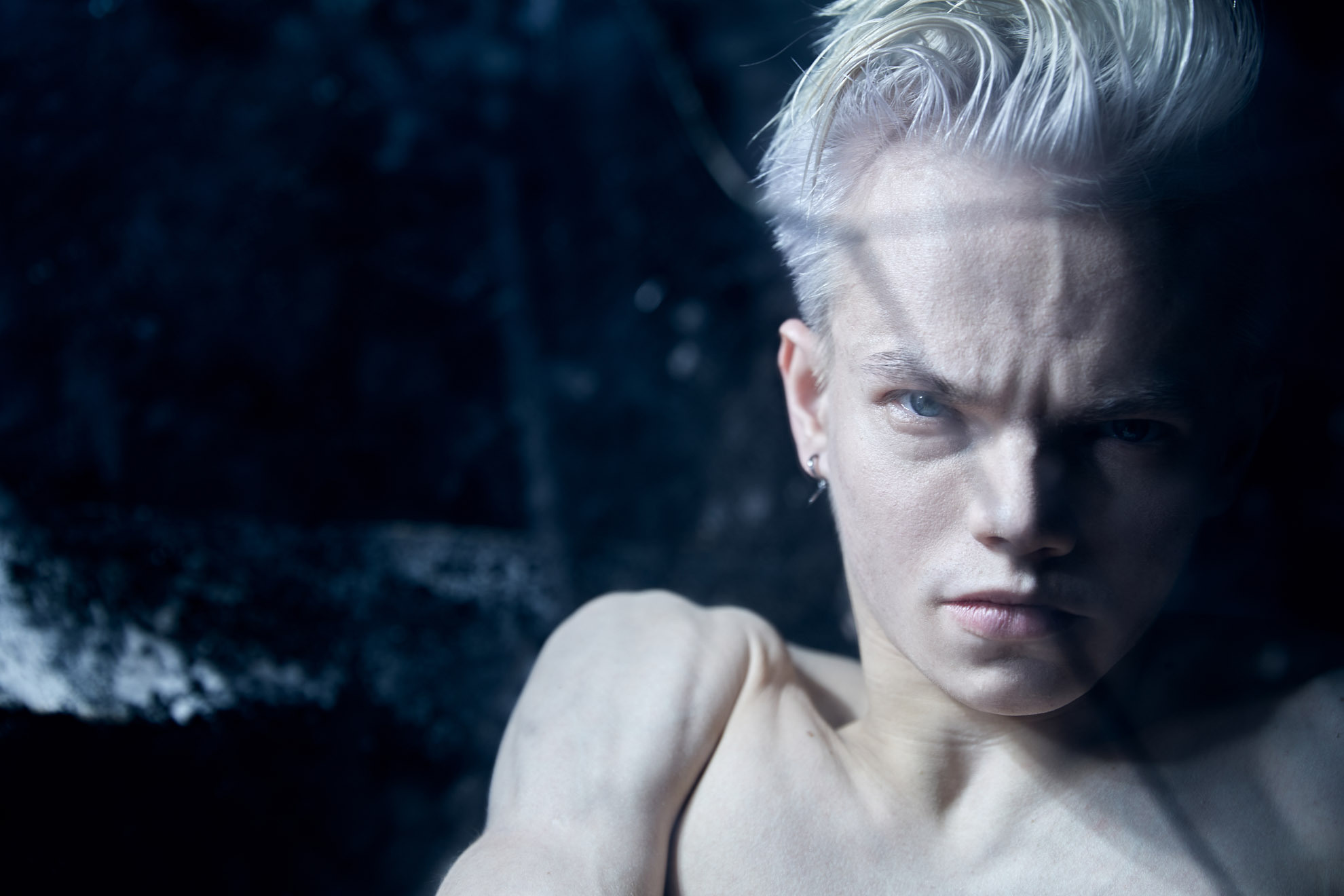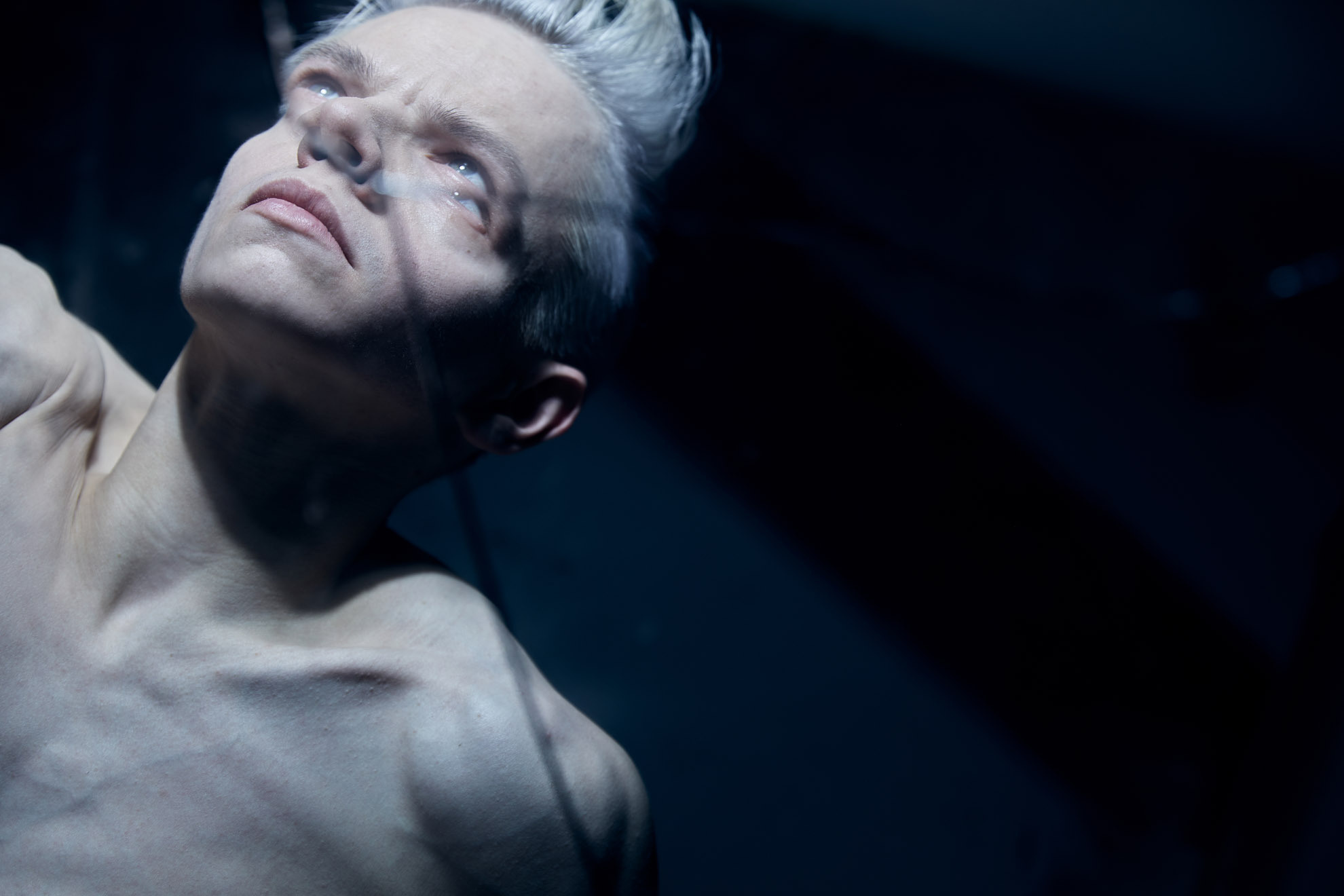Immediately after I was born it turned out that my right leg was not moving.
The doctors decided to use electrophoresis, and as a result, they stimulated the tumour that was at that time in the spinal cord. The tumour instantly increased as a result, and so both of my legs stopped moving — the impulses from the brain simply stopped reaching my legs..
My parents were told they could go for chemo — but then, most likely, I would have died, so they decided to leave things as they are — the doctors said nothing could be done.
The legs have not developed since then due to lack of movement.
I don’t feel resentful or deprived at any point. I was born and raised like this – and so I love. At school I was in the class with ordinary children, so I never felt like a disabled person. I had never thought I was somehow different from my peers. My friends and family never focused on my disability, so I considered myself an ordinary person — even quite attractive. It would have been worse to lose the ability to walk due to the accident, for example. It could be mentally hard.

But with age, new criteria for assessing appearance started to pop up. For example, sexuality. I began to compare myself with other people, realizing that my body is naturally different from theirs. At first, I didn’t worry too much, but my very first relationship made it clear that not all people were ready to put up with my peculiarities. I lost confidence in myself and started hating myself and my “unique” body. It took me a lot of strength to overcome depression and rejection of myself.
When I was 18, I was invited to play in the inclusive theatre run by russian stage director Larisa Abasheva. It became a real challenge to show yourself on stage in front of strangers — the first performances were torture. With each performance, I was becoming more and more confident in myself, I was no longer afraid to communicate with the audience, to look stupid or strange. I realized that beauty is made up not only of appearance, but also of charisma, demeanor, sense of humor. I have finally accepted myself unconditionally. I am beautiful and unique, just the way I am.
With this photo session, I decided to celebrate the completion of my self-acceptance. Despite my diagnosis, now more than ever I feel sexy and attractive. I hope that in the future I will never again let people undermine my love for myself and find a person who loves me for who I am.
My advice is: never lose your sense of your own uniqueness.
And, most importantly, love yourselves, your bodies, you are beautiful just the way you are.
HEROES

SVETLANA BUSAREVA
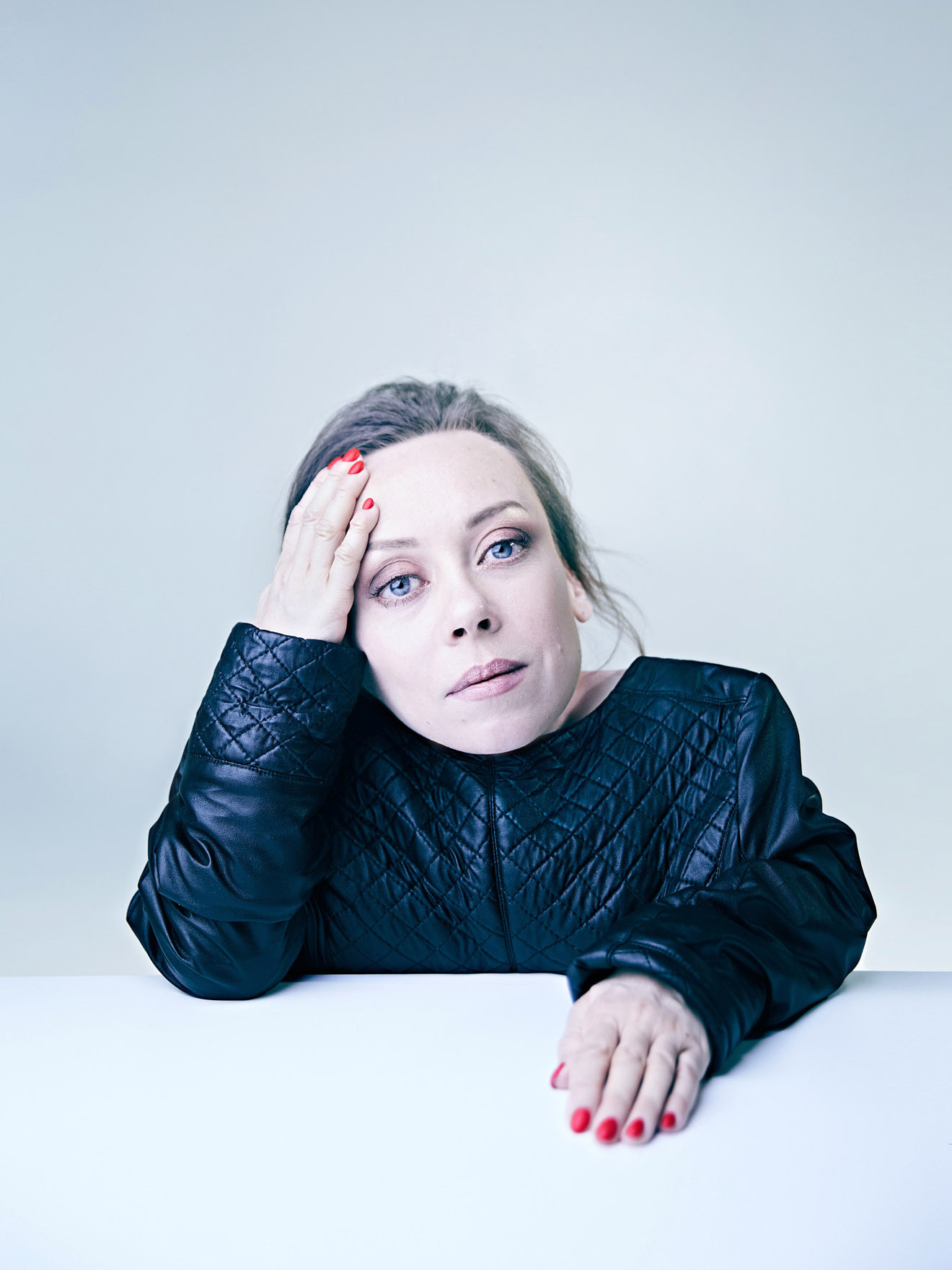
CATE POPOVA
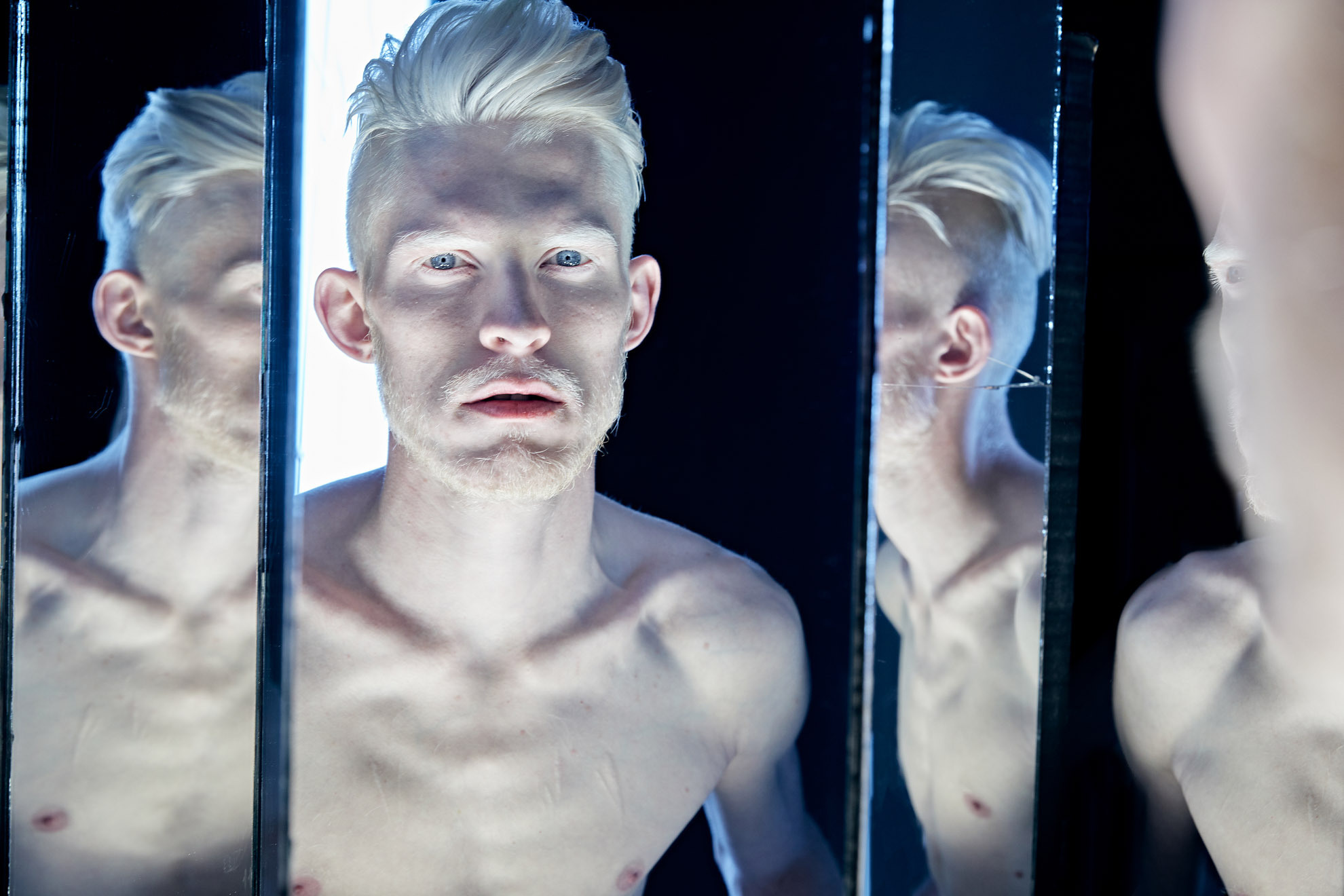
PAVEL LESNIKOV
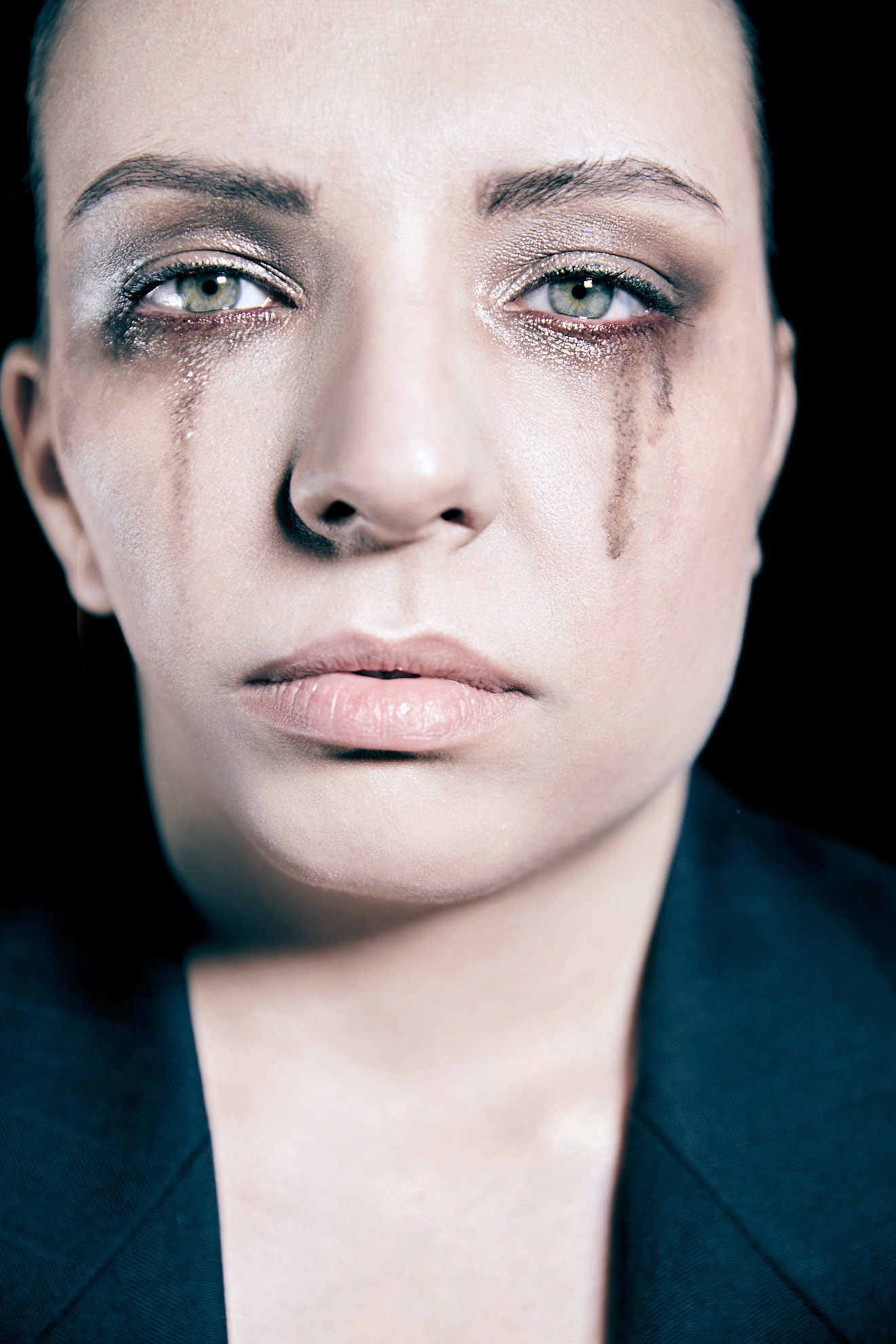
KATE SUVOROVA
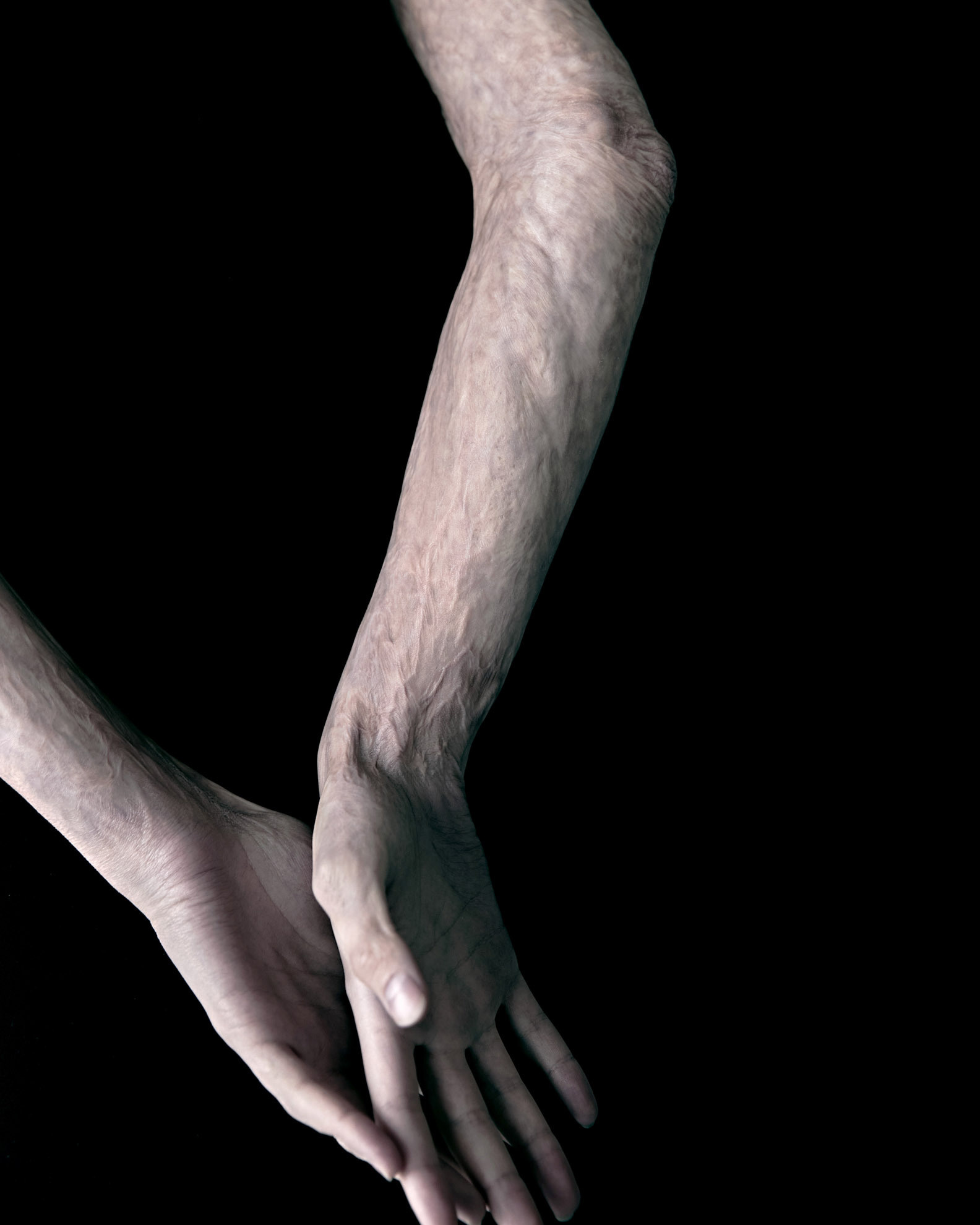
SVETA “FIREGIRL”
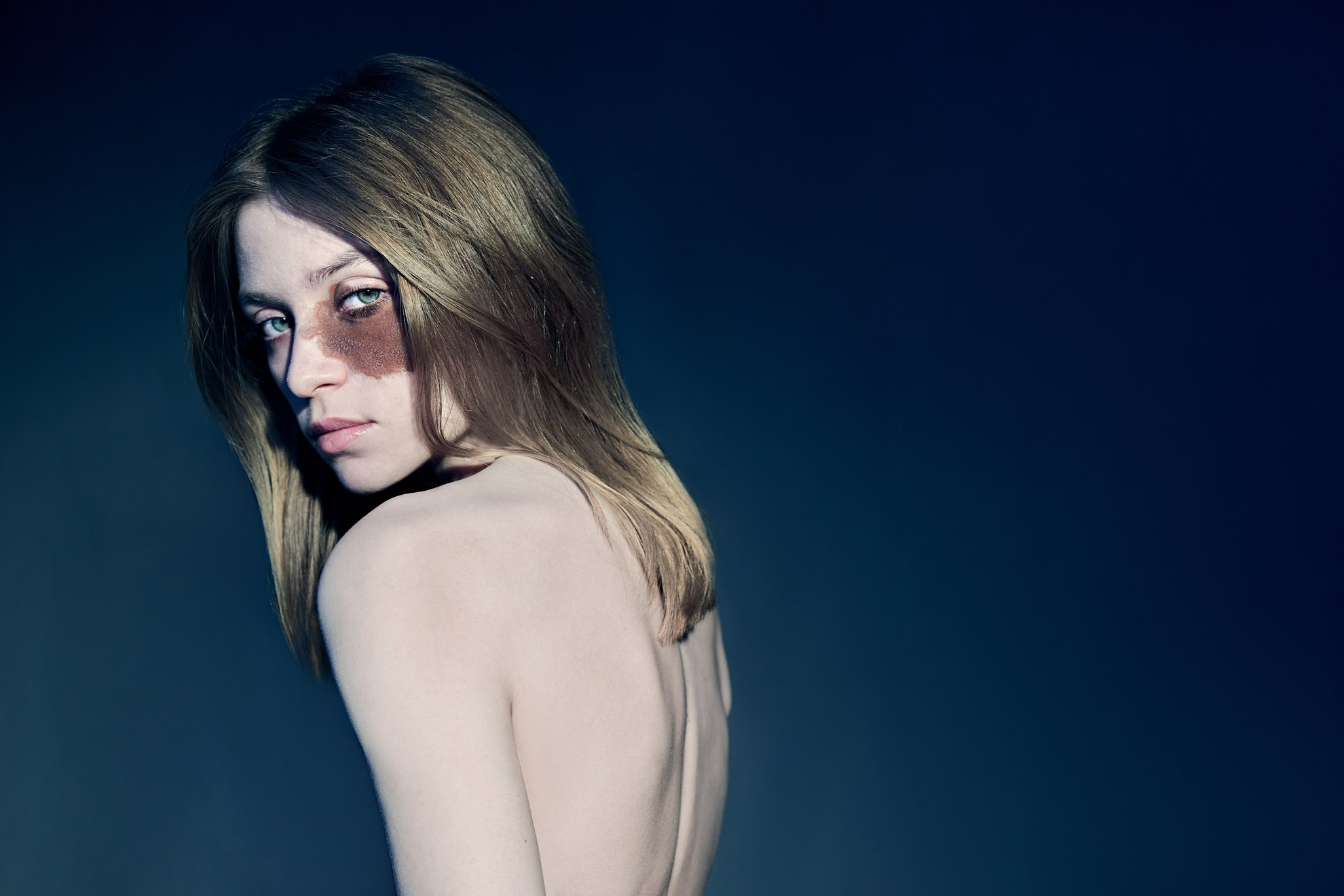
DIANA PASTUHOVA
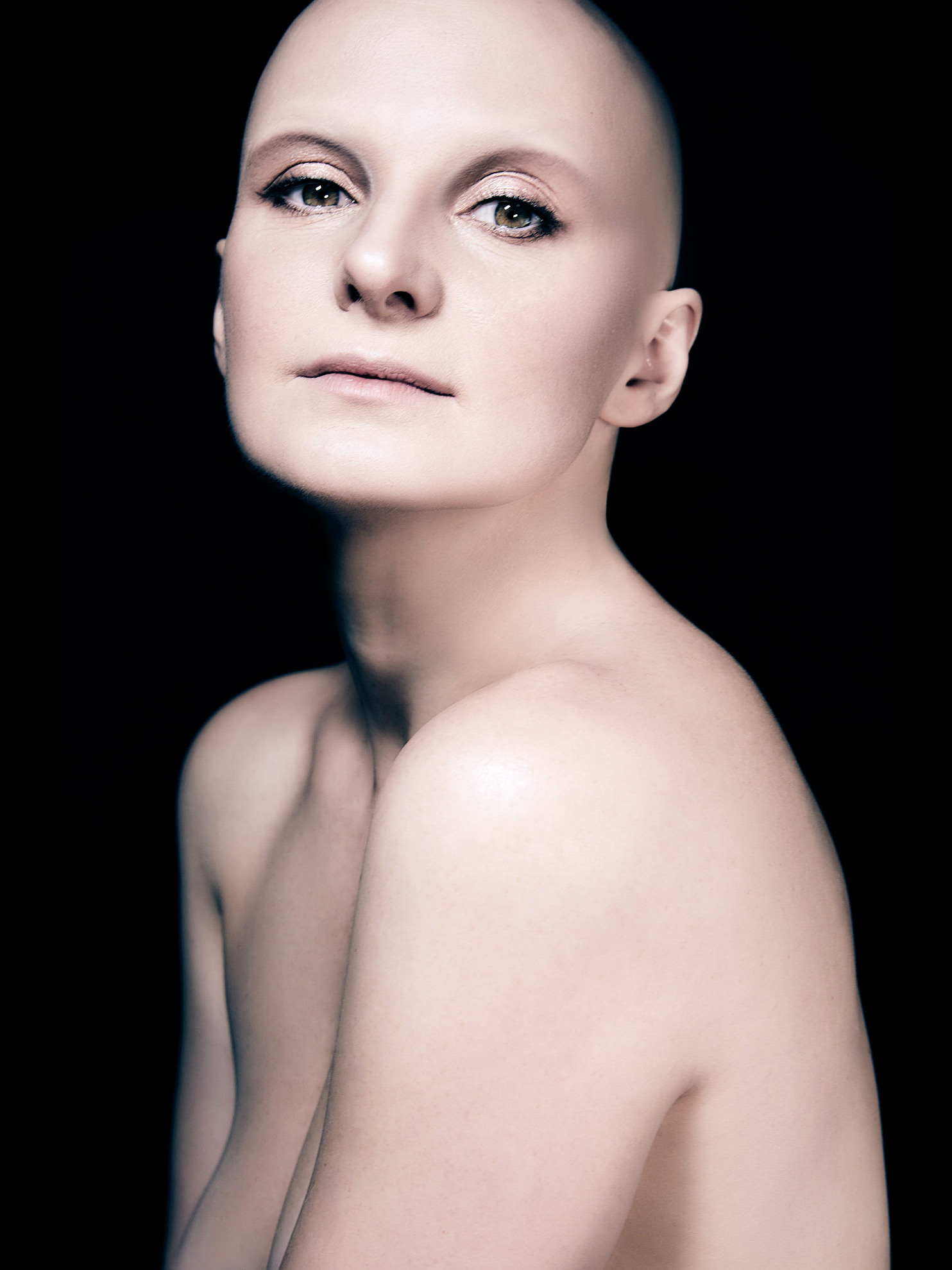
ANNA BORTNIKOVA
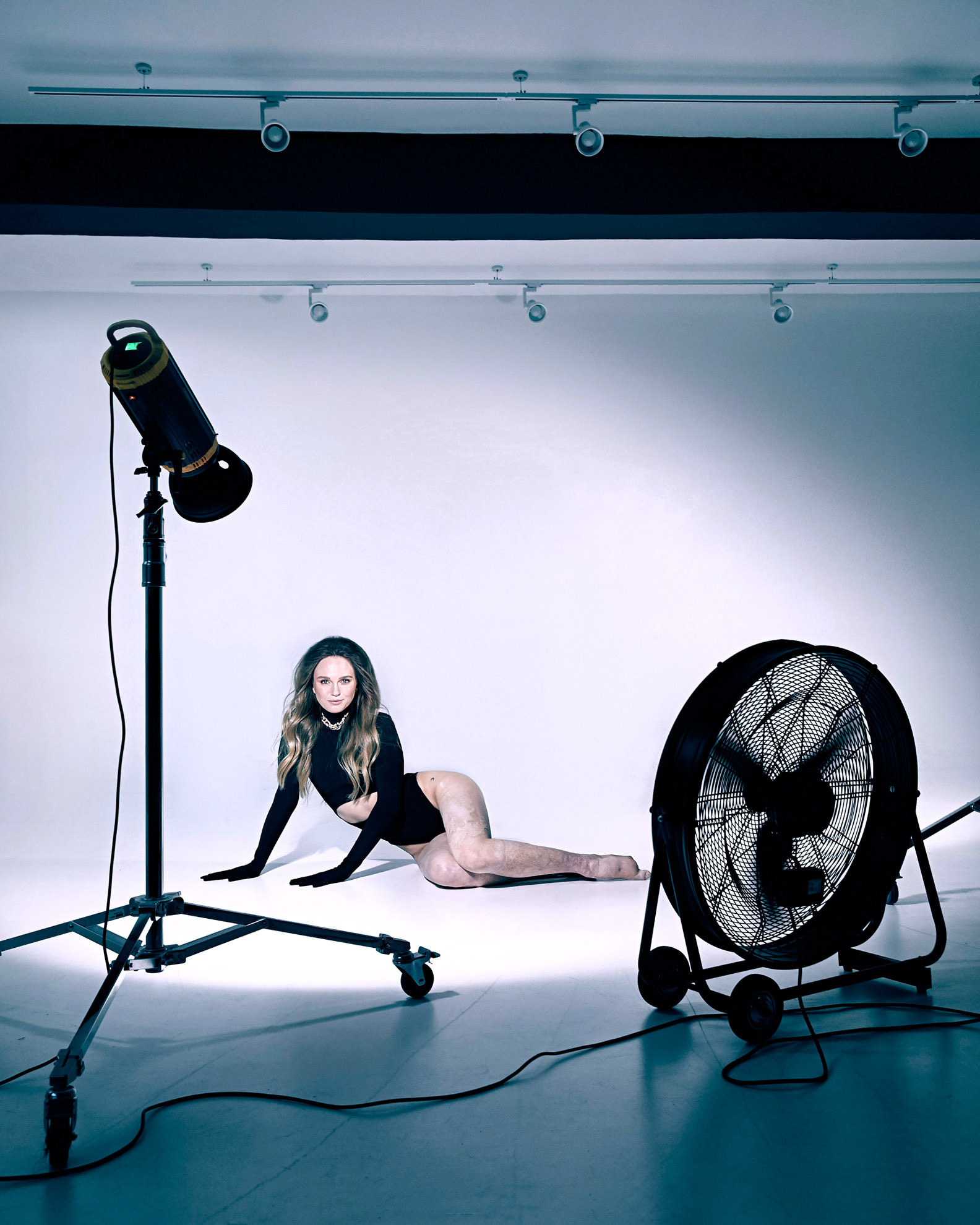
CATE KOMLEVA
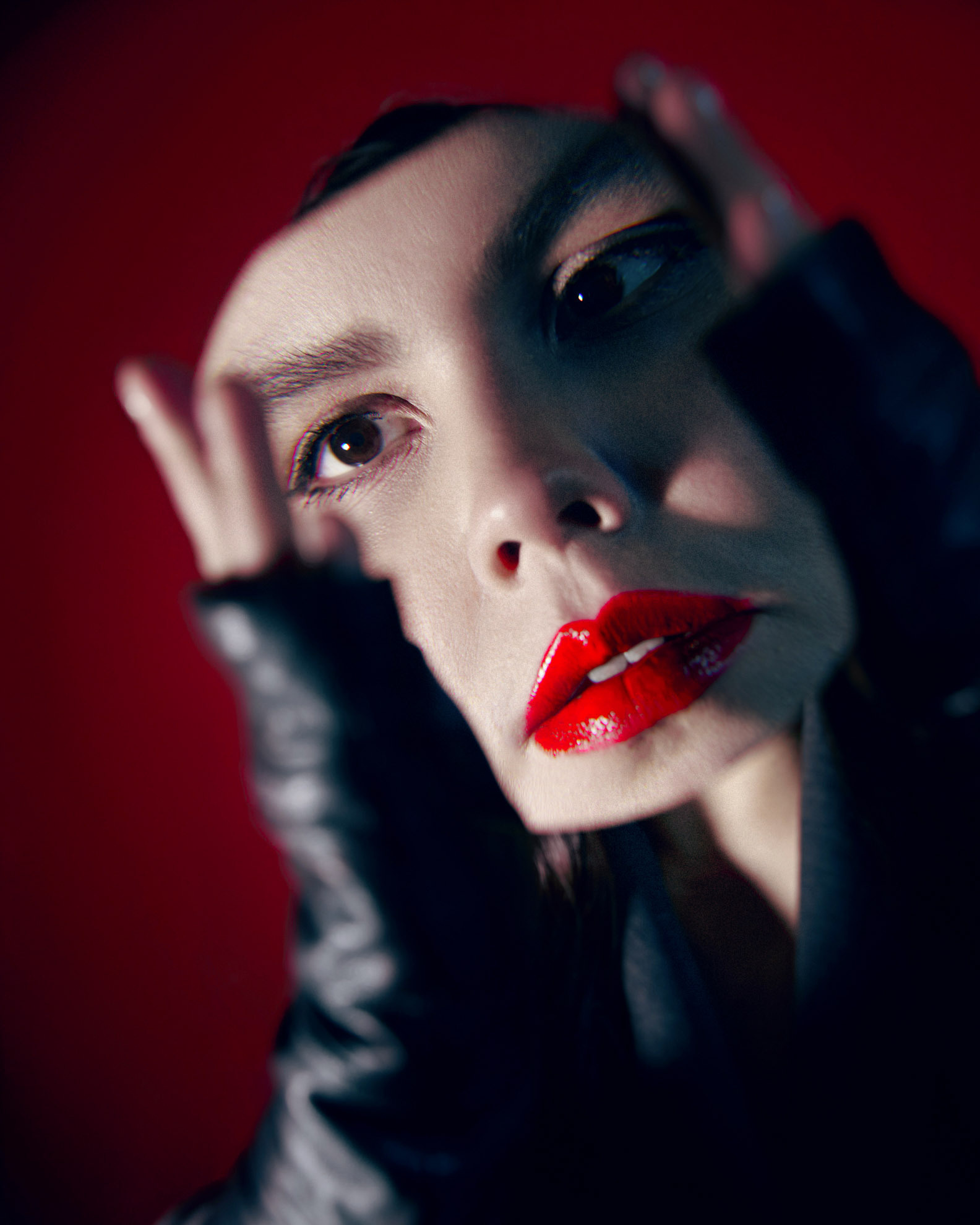
CATE SAZHINA
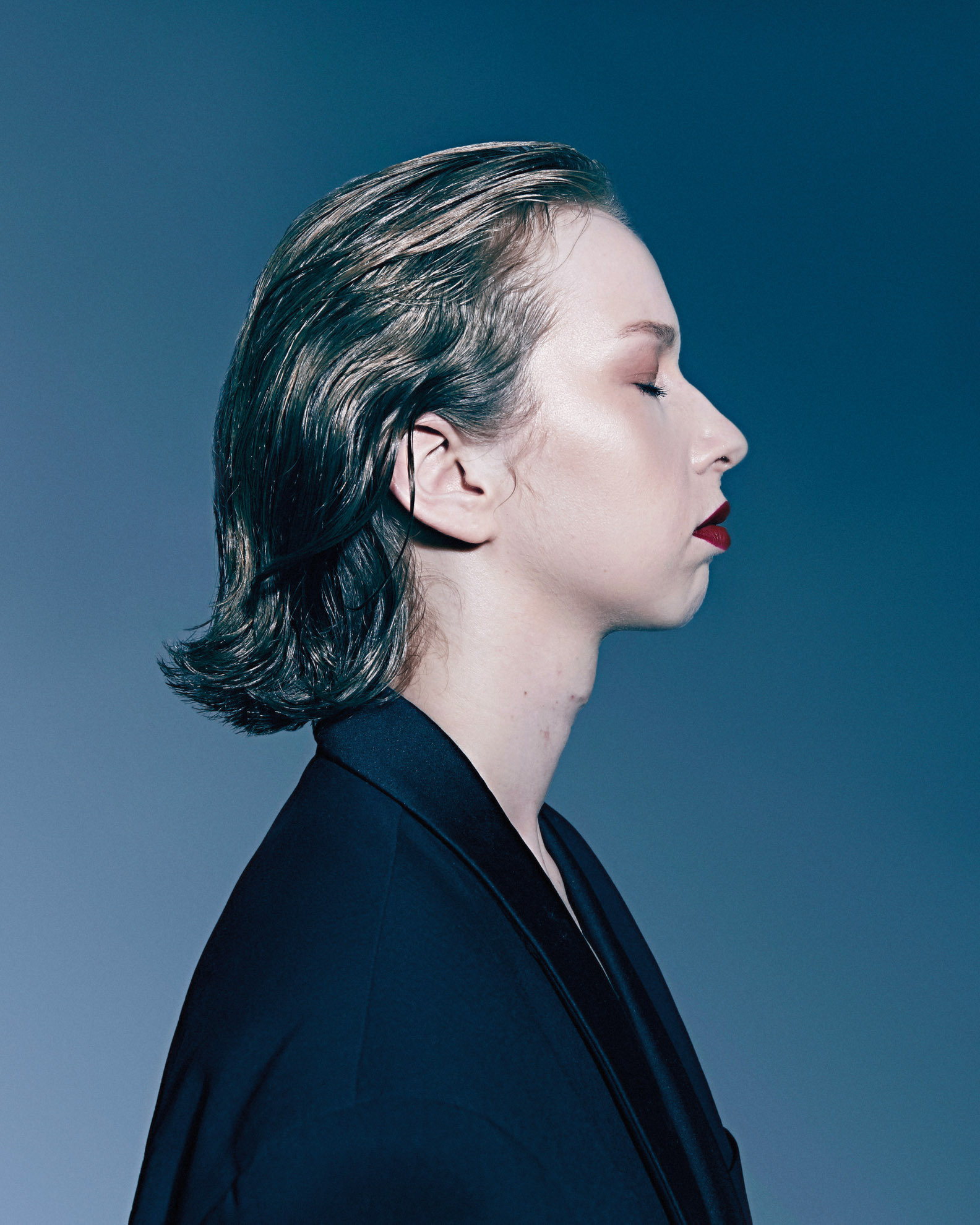
ANASTASIA SELYAEVA
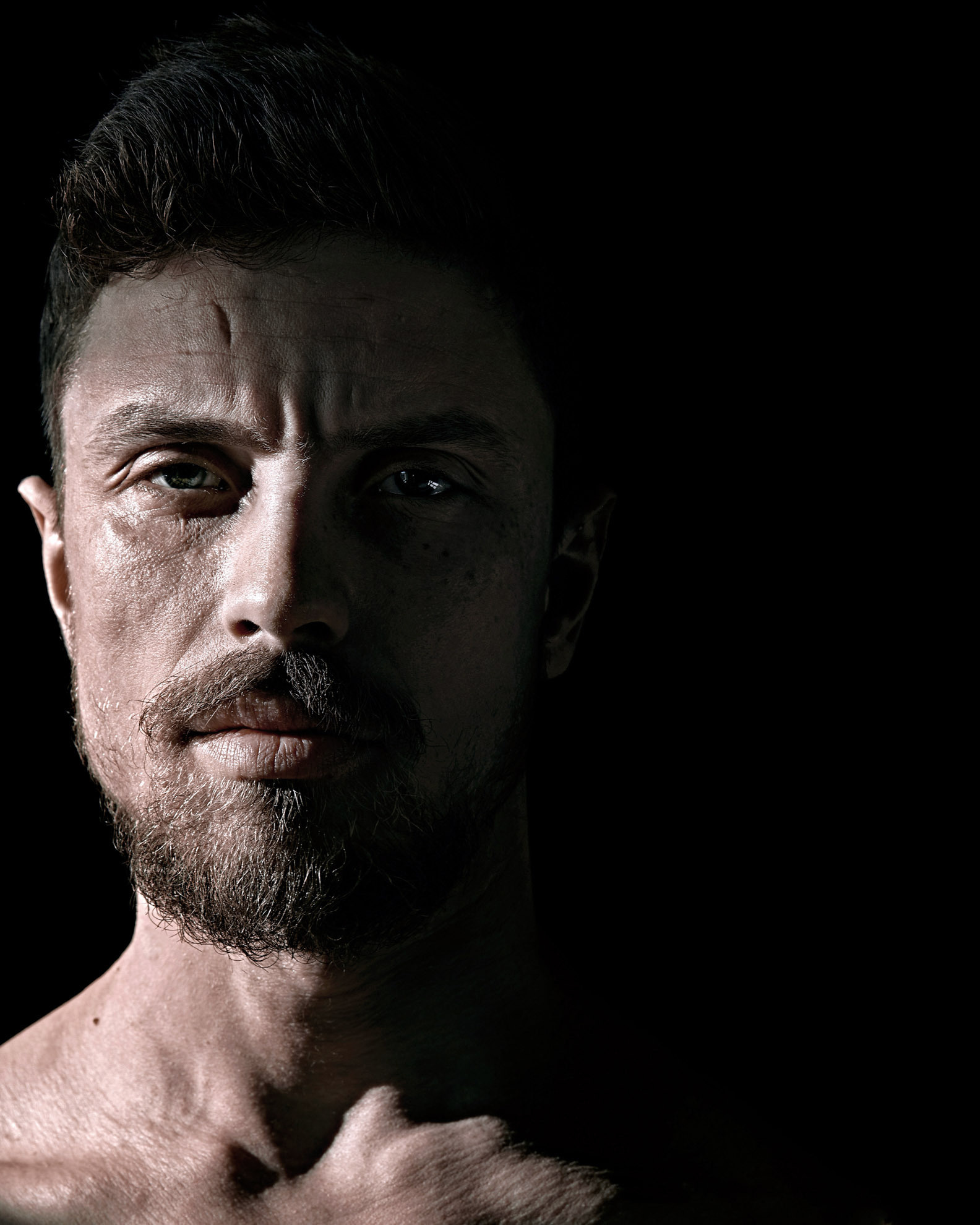
DMITRY KOZEMASLOV
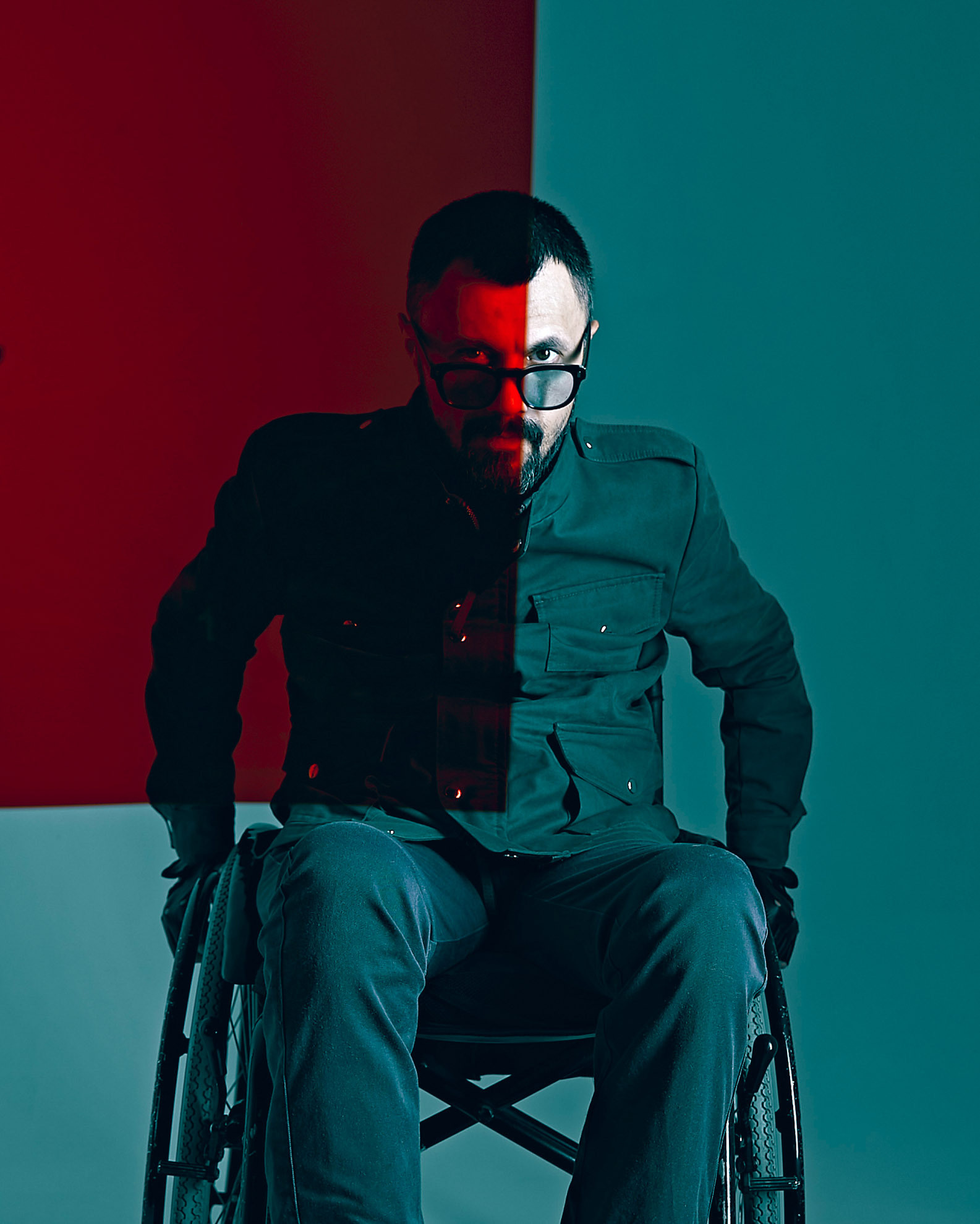
MAX ZYABLICEV
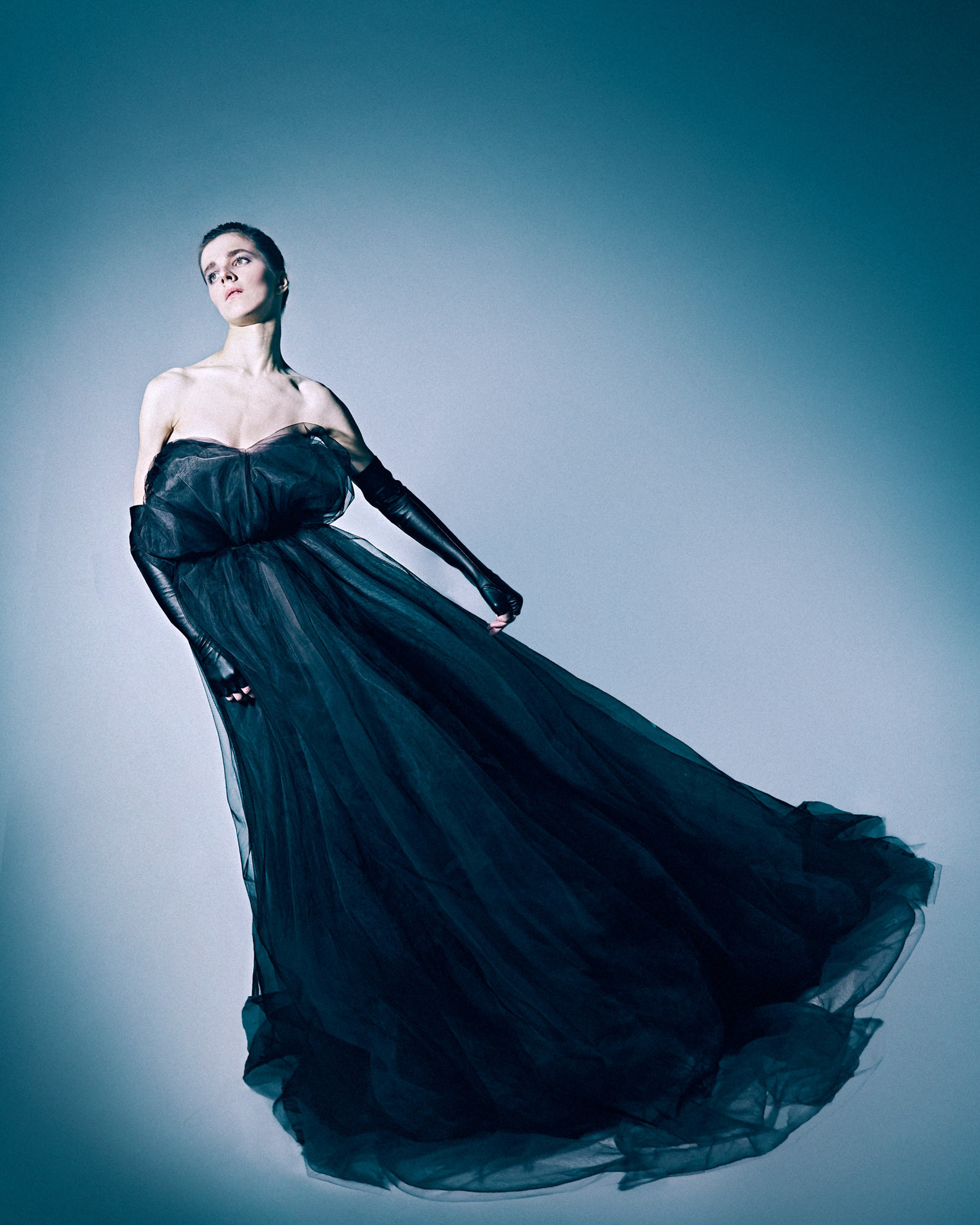
SONYA MOSINA
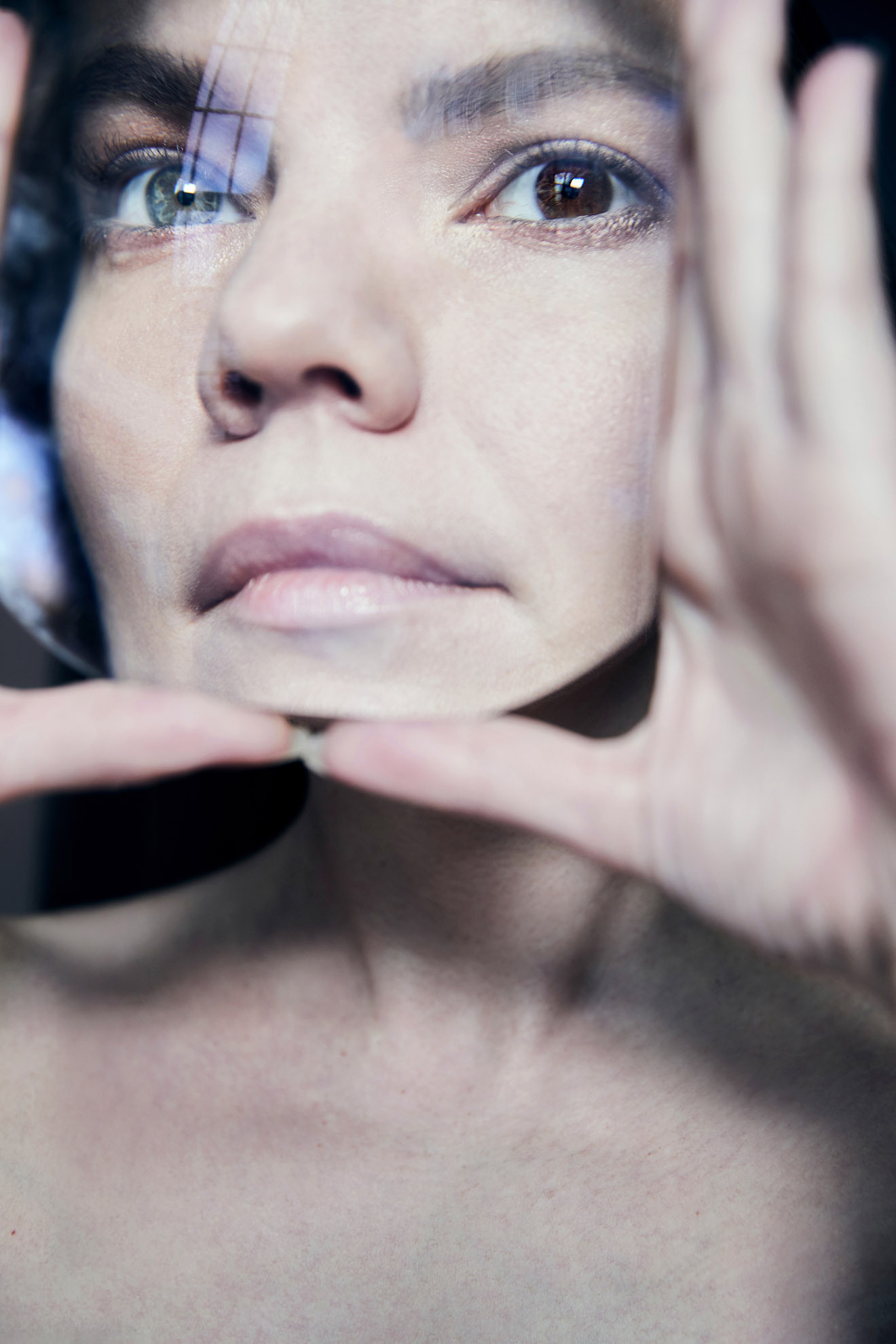
ANNA SANNIKOVA
